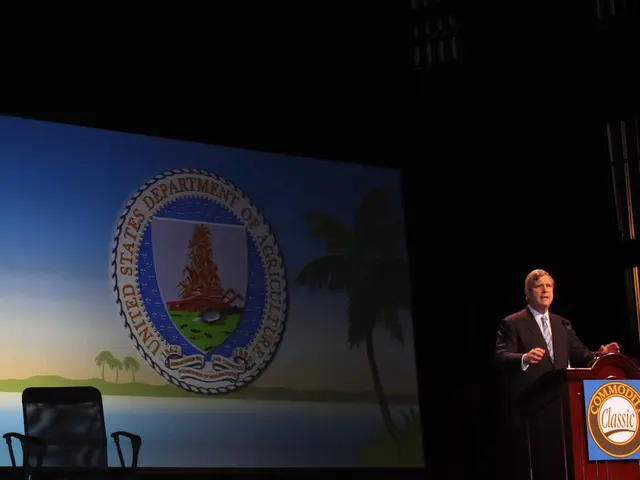A commemorative event focused on physics, paying tribute to Victor Potapov, transpired in Yakutsk.
Happened Last Weekend: The Physics Teaching Revamp in Yakutsk
Hey there! Last Saturday, on the 17th of May, a scholarly shindig — the "Modern Challenges in Physics Teaching" conference — lit up Yakutskill, housed in none other than the prestigious Republican Lyceum. The date bore significance, commemorating the 75th anniversary of the illustrious Russian educator, Viktor Potapov. This prolific pedagogue's students have left quite the legacy, nabbing top spots in Russian and international olympiads, acing the Unified State Exam with flying colors, and securing admissions to some of the country's best universities.
Curiouseducators from Yakutsk and beyond its borders assembled at this event, eager to hash out physics teaching quandaries, exchange war stories, and share a smorgasbord of methodologies. The spotlight shone brightest on the fusion of digital tech with the educational experience.
In case you're interested in the latest happenings in the digital-physics-teaching realm, here's a quick lowdown:
- Virtual and Augmented Reality (VR/AR) has surged in popularity, offering immersive learning environments to help students picture complex phenomena like never before.
- Simulations and Modeling software tools are game-changers, allowing students to run virtual experiments that were previously out of their reach, visualizing abstruse ideas in a flash.
- Online Platforms are revolutionizing education by delivering interactive content like video lectures and simulations, when and where you need them.
- Collaborative Tools foster a collaborative learning environment, making group work a breeze and ratcheting up the overall learning experience.
- Gamification and interactive quizzes have proven to be effective in making learning more enjoyable and motivating students to ace their subjects.
When using digital tech in the classroom, here are some ground rules to follow:
- Integrate technology gracefully: ensure that tech works harmoniously with traditional teaching methods. Don't throw out the baby with the bathwater!
- Focus on accessibility: make sure your tech tools cater to everyone, regardless of whether they need accommodations or not.
- Provide regular feedback: digital tools help teachers deliver immediate feedback, enabling students to monitor their progress and refine their study strategies.
- Equip teachers with the knowledge and skills: empower your educators with the training they need to get their potenttech teaching skills on point.
- Embrace student-centered learning: use tech to inspire your students to take control of their learning, encouraging autonomy and exploration.
Enough of the lectures, back to the conference! The gathered educators spent their day discussing these trends, deliberating, and brainstorming ways to integrate digital technologies to give physics learning a fresh new look. It's tantalizing to speculate how these innovative approaches might reshape the future of physics education, but only time will tell!
Science and education-and-self-development greatly intertwined during the "Modern Challenges in Physics Teaching" conference last weekend in Yakutsk. In the modern physics classroom, learning is facilitated by a smorgasbord of digital technologies such as Virtual and Augmented Reality (VR/AR), simulations and modeling software, online platforms, collaborative tools, and gamification, all aimed at fostering an immersive and enjoyable learning experience for students.








